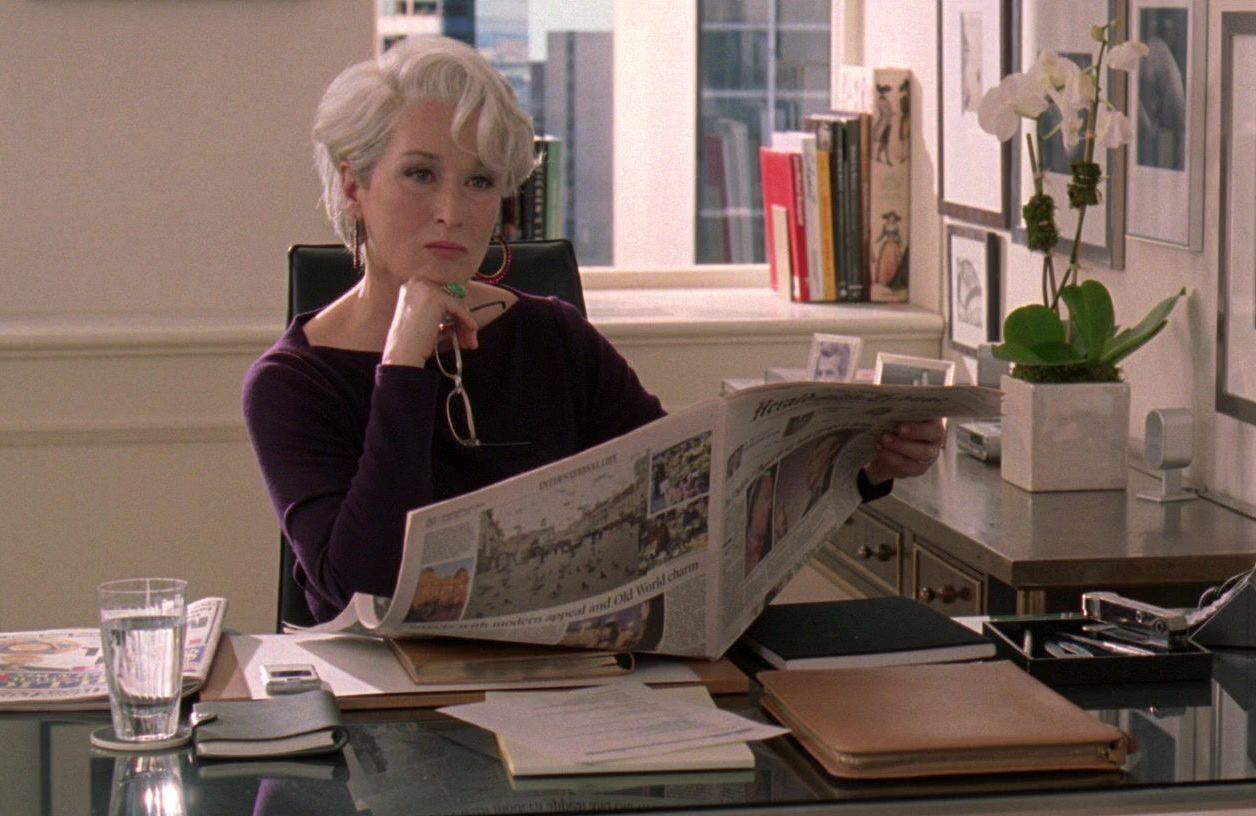news
How a Book of Short Stories Was Smuggled Out of North Korea

A book’s perilous journey across borders and out from the dark
The struggle to publish a manuscript is an arduous one for just about any writer, but it’s doubtful any literary underdog tale can compete with the implausible escape and publication of The Accusation: Forbidden Stories from Inside North Korea, a new book whose perilous journey out of North Korea has emerged in the international press over the last week.
The book consists of seven stories spanning a six-year time frame, with the first story taking place in December 1989, and the last one in December 1995, following Kim Il-sung’s death. Each narrative explores the diverse ways in which North Korean citizens have been stripped of basic freedoms. The collection’s overarching theme is the fear individuals experience knowing tomorrow could be the day a fatal accusation is made against them.
So far, we only know a few things about the author, who writes under the pseudonym, Bandi, which in Korean means “firefly” — a fitting epithet considering the incendiary implications of the stories, which also serve the purpose of authentically illuminating the frightening conditions of the modern day slavery taking place within the DPRK. According to an afterword by Kim Seong-dong, included in the US release, The Accusation was written by a former (or possibly current) member of the Chosun Writers’ League Central Committee, North Korea’s state sanctioned writers’ group, which is tasked with generating propaganda for government-owned publications. CNN reports that Bandi originally planned to smuggle the document out of the country via a relative who had arranged to flee, but fortunately that plan didn’t go through. The relative was detained on the Chinese side of the border; if she had been caught carrying the manuscript she likely would have been sent back to North Korea to face imprisonment or execution. Instead, the Chinese soldiers reportedly demanded a bribe. During negotiations, she was able to contact Do Hee-yun, a representative of the Citizen’s Coalition for the Human Rights of North Korean Refugees, and was eventually bailed out. She later told Do about her relative’s manuscript, and Do organized a delicate handover when one of his most trusted Chinese friends was visiting family in the same town where Bandi happens to live. The friend was able to hide the manuscript inside The Selected Works of Kim Il-sung and bring the 750 pages back to South Korea.
Do said in an interview with VICE, “I see this as a book that can make the people who are hanging on in North Korea realize, just as we do in the international community, that they are living as slaves, and give them strength and courage to stand up for change.”
Bandi identifies with this fear on the most personal level, which is why he chose not to defect himself.
On March 30th, Do was joined by the book’s agent, Barbara Zitwer, and several other international publishers for a reading of The Accusation at the Korean Demilitarized Zone, which stands between North and South Korea.
You can now find the book in stores or online from its publisher, Grove Atlantic.










